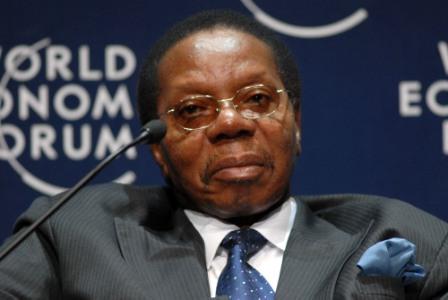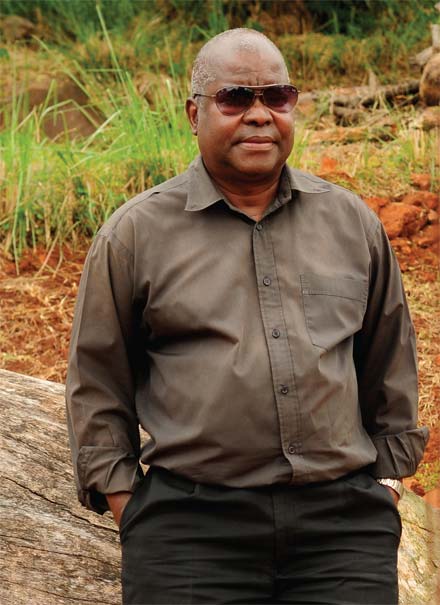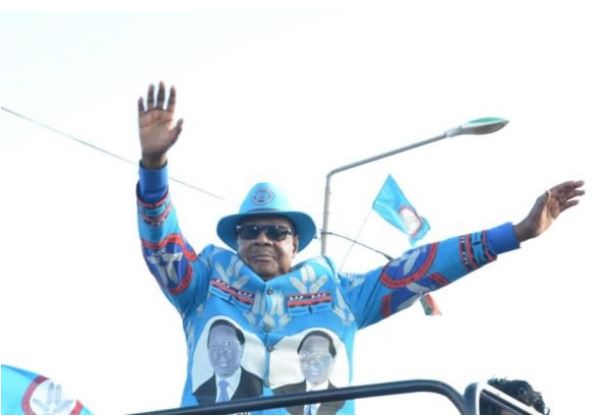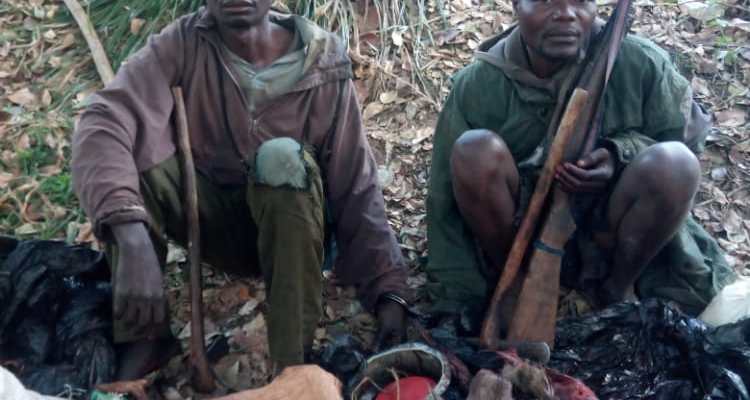He has been gone since April, but the ghosts of Bingu wa Mutharika are very much around for Malawians who blame him for the hardships biting them today.
In a Nation on Sunday opinion poll involving a nationally representative sample of 2 200 respondents, 884 people, representing 40 percent of the sample, said Mutharika shoulders the blame for the plummeting conditions of living characterised by price increases and erratic supplies of fuel and forex.
That Mutharika is the fall guy offers little reprieve for the under-fire President Joyce Banda because a healthy 30 percent of the respondents fault her for the problems they are going through.
Both Mutharika and Banda feature in another category of respondents who say the two leaders are equally to blame for the situation. This component constitutes 19 percent of the sample, while 11 percent of the respondents said the root of the problems was beyond the capacity of Mutharika and Banda to control.
The Poll
The survey was carried out through face-to-face interviews in 20 districts, mobile phone SMS platform and the social media network Facebook. The bulk of the poll was conducted through face-to-face interviews by Nation correspondents and reporters. Only 427 respondents were polled through Facebook and SMS.
For the battered Banda and her People’s Party (PP), any hope that the anti-Bingu feeling would necessarily translate into electoral dividend for them may only be that—hope.
At least for now.
A recent Nation on Sunday poll of 4 415 Malawians showed that DPP leader Peter Mutharika would win elections if they were held then.
Another survey conducted by Afrobarometer in June put the younger Mutharika second to Banda in people’s preferences for president, meaning the DPP acting president is alive politically in spite of his brother’s disastrous decisions that left Malawi on the verge of state collapse.
Political scientist Dr Henry Chingaipe on Saturday said Bingu lies at the heart of the current situation in Malawi. But Chingaipe said there are factors beyond the fallen president that also account for the problems.
“The cause? I will have to go with those who are saying Bingu and I will add those who are saying others. By others I mean the donors, international community, systems such as policies and institutional failures.
“Much as other things can be the cause, at the end of the day, they have to condense around the leadership,” he said.
Chingaipe said the only way out of the economic mess is a leadership that offers democracy and economic prosperity. According to Chingaipe, those contesting for the presidency in 2014 are not offering solutions to the problems.
“Many leaders have focused on one thing; Kamuzu focused on economic prosperity, but denied us democracy; Muluzi focused on democracy, but messed up the economy; Bingu focused on the economy and ignored democracy and Joyce Banda is playing double, but nothing tangible seems to be coming out,” he argued.
Complicated situation
Chris Chisoni of the Catholic Commission for Justice and Peace (CCJP) said the situation Malawi finds itself in is complicated, contending that the mixed reactions in the survey illustrate that it is impossible to blame the poor economy on one person.
“Only that there is personification of responsibility. We are living in a country where people focus on personalities and not issues. That is why people say they have been bewitched when they get fired instead of asking what they did wrong.
“Of course, leadership can be blamed because it steers the government machinery, but looking at global trends one notices that there are global forces at play and leaders operate in a global economy,” said Chisoni.
DPP spokesperson Nicholas Dausi on Saturday said devaluation of the kwacha is the cause of the problems.
“It is the current government that created the mess with their extreme devaluation of the currency and the incessant travel costs. Blaming and counter-blaming won’t solve anything: If the Fisp [Farm Input Subsidy Programme] is in disarray, is Bingu to blame? If the Public Works Programme is in disarray, is Bingu to blame?” said Dausi.
‘PP inherited this mess’
Government spokesperson Moses Kunkuyu said the results vindicate the regime which has always insisted that it inherited the current mess.
“The people’s views reflect what we have been saying, but only that people thought because it was said by politicians then it was propaganda. The thing is, we cannot ignore the past if we are to move forward,” said Kunkuyu.
He argued that those who are saying Banda is to blame are wrong, saying the President can only be faulted after her policies have failed.
At the core of the grievances against President Banda is her handling of the country’s currency. After devaluing and subsequently floating the kwacha, the Banda administration adopted the IMF neoliberal prescription of automatic pricing for fuel, a commodity that is one of the key drivers of inflation in Malawi, currently at 33 percent, the highest in the Sadc region.
Government also implemented a cost-reflective policy for utility pricing in addition to an austerity budget. The totality of the measures is that Malawians were left in the sun to dry without cushioning mechanisms to deflect some of the pain.
This is what has prompted the Consumers Association of Malawi (Cama) to organise streets protests on January 17.
In an interview on Saturday, Cama executive director John Kapito reiterated that government has failed to manage the economy after the devaluation.
“You cannot say you are not part of the race when you are holding the baton. We are saying the floatation of the currency, coupled with devaluation, was wrongly sequenced and it is what created challenges for Malawians,” he said.





No comments! Be the first commenter?